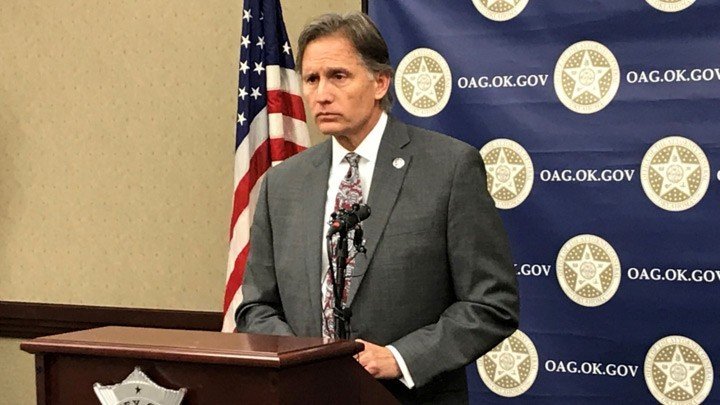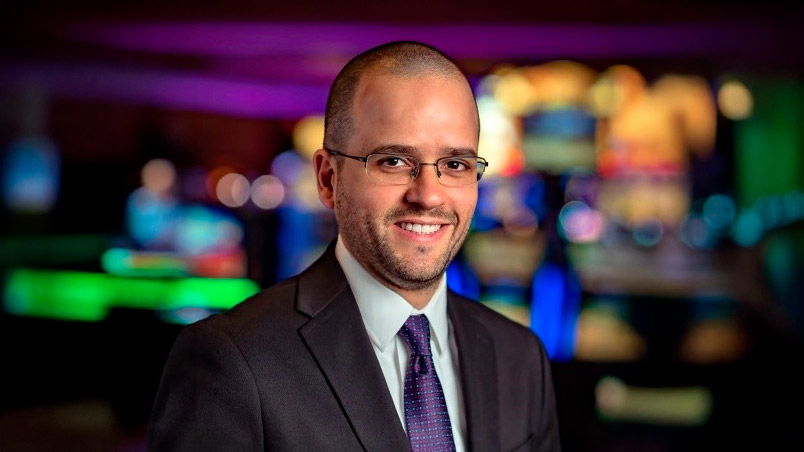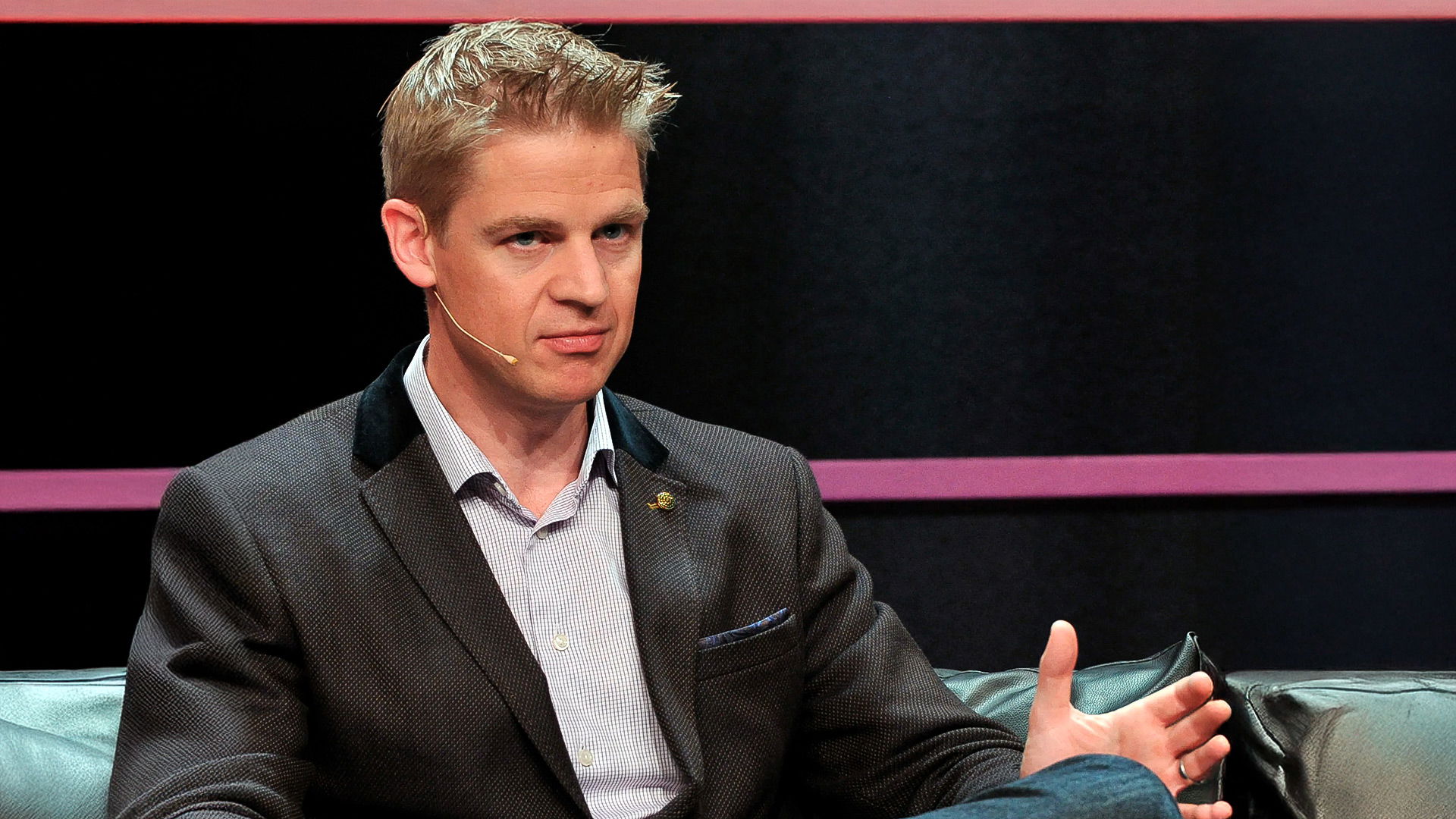Oklahoma tribal gaming money cannot be put in escrow, attorney general says

Gov. Kevin Stitt's administration cannot divert gambling revenue from tribal casinos into a trust while a legal dispute between the governor and the tribes is pending in federal court, Oklahoma's attorney general Mike Hunter said in a legal opinion on Monday.
Some of the state’s tribes sued Stitt on Dec. 31, asking for a declaration that their gaming compacts automatically renewed Jan. 1. Stitt, who is seeking higher exclusivity fee rates from the tribes, argued that the compacts expired Jan. 1 and that continued Class III gaming at the tribes’ casinos is now illegal.
Furthermore, the governor said previously he has been contacted by a commercial operator interested in coming to Oklahoma, which has more than 130 tribal gaming operations. However, some state lawmakers are leery of opening the state to commercial casino gaming, as reported by Tulsa World.
Tribes pay the state between 4% and 10% in exclusivity fees to operate Class III gaming, which includes many slot machines, roulette and craps. Stitt’s administration has proposed holding those fees in escrow and replacing them with other dollars pending the outcome of the federal case, which has been referred to mediation. Last year, the fees totaled nearly $150 million. The bulk of the money goes to education. The tribes have continued to pay the exclusivity fees to the state on a monthly basis.
“We are not aware of any authority by which the State can deposit these monies in any fund other than those already mentioned,” Hunter said in the opinion. The opinion says depositing the funds as usual does not constitute a waiver of the state’s legal position in litigation or otherwise concede that the compacts are still operative.
Stitt issued a statement Monday evening, saying: “I am grateful the attorney general has agreed there is a way to protect public education funding without jeopardizing the legal position of the state. It is important that our schools not be caught in the middle while we work toward a long-term solution.”
Senate Appropriations Committee Chairman Roger Thompson, R-Okemah, who requested the opinion, said: “This is important for Oklahoma and education in Oklahoma, especially in light of the fiscal developments today with the drop in oil prices and the stock market. As Appropriations Chair, I am tasked with writing a budget and if the exclusivity fees were escrowed, it would create a large deficit in the 1017 Fund.
“The Attorney General’s opinion today clarifies that exclusivity fees must be deposited into the Education Revolving Fund (1017 Fund),” he said.
Matthew Morgan, Oklahoma Indian Gaming Association chairman, said that “the tribes will continue fulfilling our responsibilities as described in the renewed compact.” “We are also united in our support for Oklahoma’s public education system and pleased the vast majority of the exclusivity fees go toward helping public school districts across our state. Public school districts depend on the money from our exclusivity fees, particularly rural schools,” he added.
Commercial gaming proposal
Senate Bill 1902, by Sen. Mark Allen, R-Spiro, sought to allow more commercial Class III gaming. The measure was assigned to the Senate business, Commerce and Tourism Committee, where it did not get a hearing. Sen. James Leewright, R-Bristow, who chairs the committee, said with the gaming compact issue in mediation, he didn’t feel that it was time to hear bills like Allen’s.
“Commercial operators have proactively reached out and shown interest in Oklahoma’s market,” Stitt told the Tulsa World in December. “One operator explicitly told me over the phone he’d sign a deal tomorrow at an 18% fee, and this business person is eager because his offer is a low rate for what his casinos are paying on average across the nation.”
Rep. Denise Brewer, D-Tulsa, said allowing a commercial operator into the state would be a slap in the face to the tribes. “You can find gaming anywhere you want,” she said. “I would be very curious to hear a list of commercial operations instated in Oklahoma. I would want to see proof of that.”
“The governor is not actively pursuing commercial gaming at this time and is solely focused on court-ordered mediation and achieving a win-win for all parties,” said Baylee Lakey, his spokeswoman.
Sen. Ron Sharp, R-Shawnee, has five tribes in his district, which has casinos. He said the jobs pay well and offer good benefits. The tribes contribute to a number of areas, such as education, he said. Sharp said he could never agree to allow commercial operators because he has too much economic development from tribes in his district.
“I don’t see there is a whole lot of desire to get into commercial gaming over tribal gaming,” said Sen. David Bullard, R-Durant.
Rep. Meloyde Blancett, D-Tulsa, said allowing commercial operators would “be a very sticky wicket,” adding that the pros and cons would have to be thoroughly studied. “This would be almost uprooting an existing industry by doing that,” she said.
Rep. Ross Ford, R-Broken Arrow, said he supports the tribes and would be opposed to allowing commercial operators into Oklahoma to compete. “How many casinos do we need?” asked Carol Bush, R-Tulsa. “I am not for that. We don’t need to be such a gambling-known state.”
Some lawmakers are hoping Stitt and the tribes can come to an agreement through mediation. “I think the Legislature doesn’t have a role in this,” said Sen. Joe Newhouse, R-Broken Arrow. “We are all very hopeful the governor and tribes can work out a compromise.”
Sen. John Haste, R-Broken Arrow, said the tribes and Stitt need to work through mediation and come to an agreement.


















































